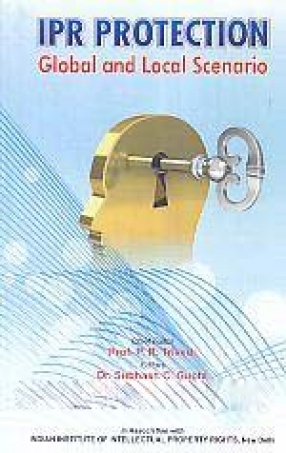
P R Trivedi

38 books
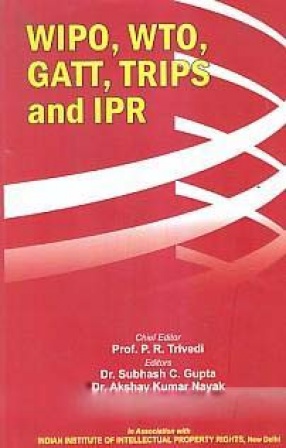
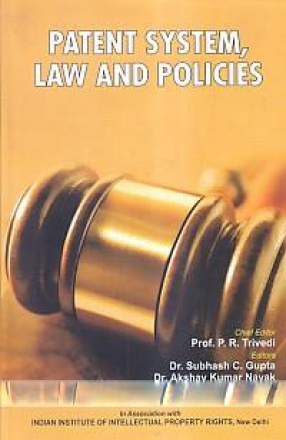
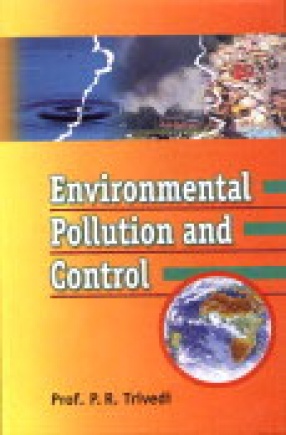
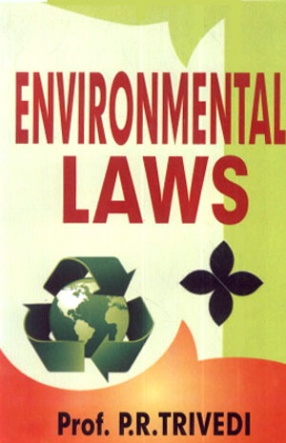
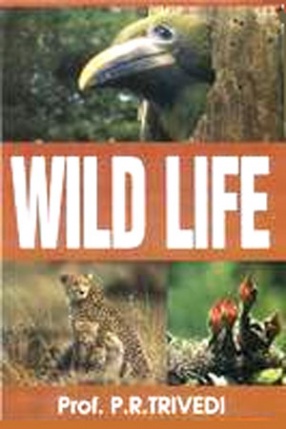
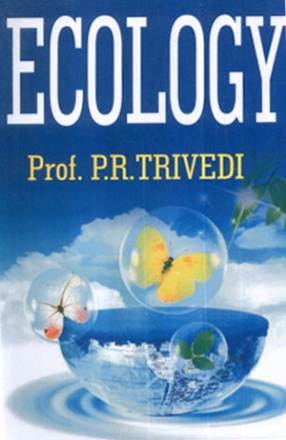
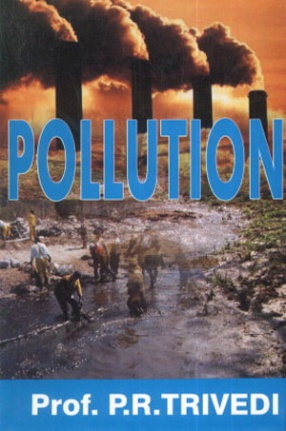
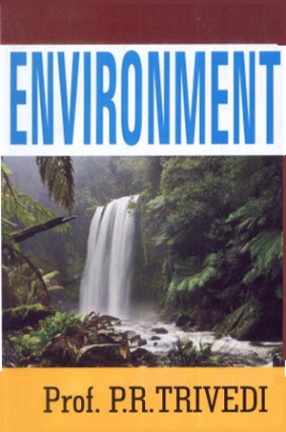
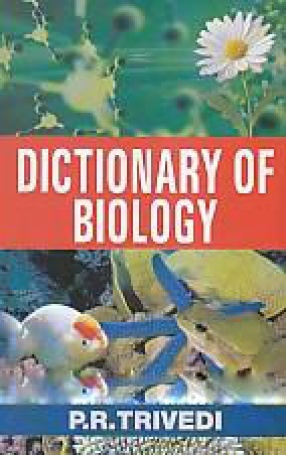
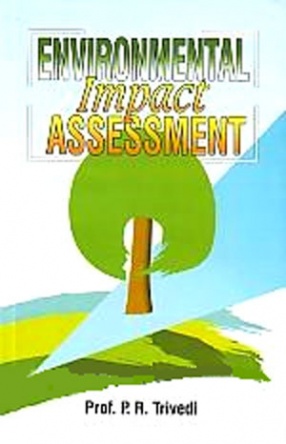
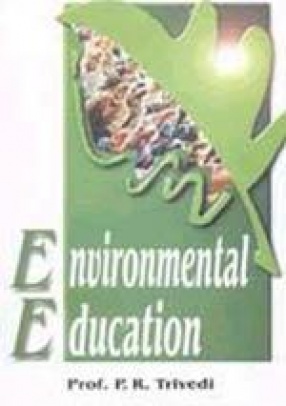
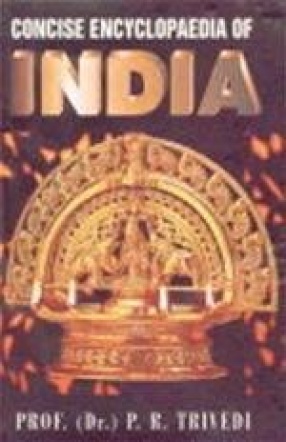
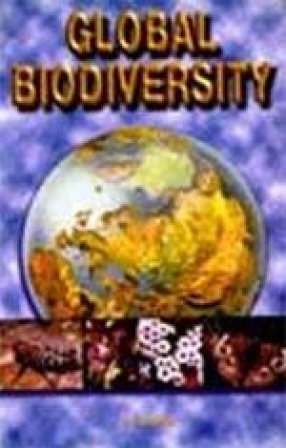
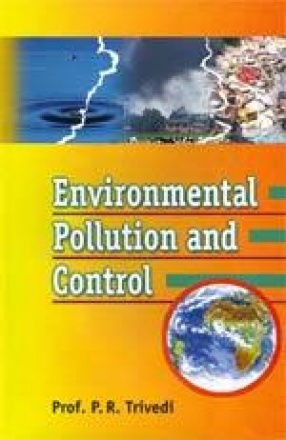


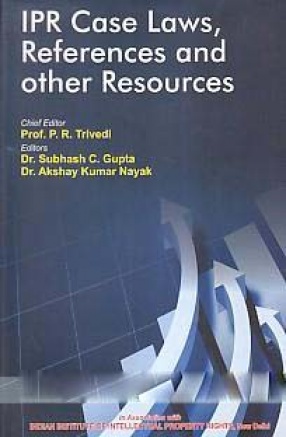
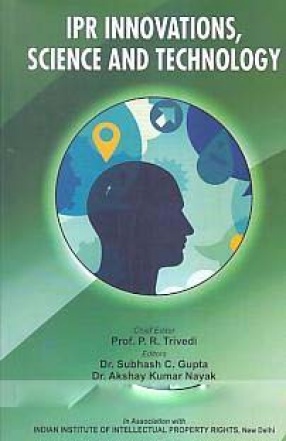
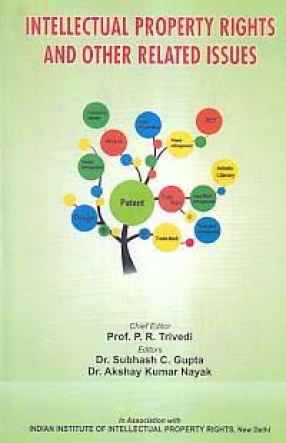
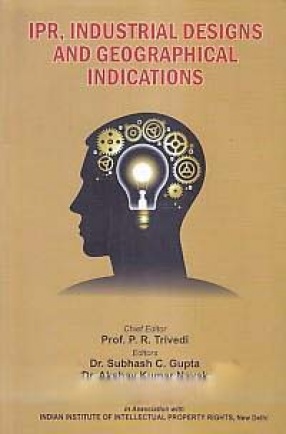

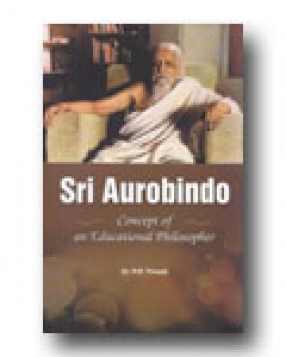
His ideas have already influence the development of transpersonal psychology in many ways. By the time of Sri Aurobindo's passing in 1950, his reputation had grown international. The teaching of Sri Aurobindo starts from that of the ancient sages of Indian that behind the appearances of the universe. Sri Aurobindo says that intuition is a vehicle whereby knowledge from the higher levels of consciousness, which he postulated, can be obtained. He saw the ...

Study of ecology as an independent discipline is about 50 years old in India. The ecological theories and principles not only apply to plants and animals in their natural environment but also to human beings on a global scale. This offshoot of ecology i.e. the study of ecological principles and their application to the human situation, a key for sustainable development, has been known as environmental sciences. This science not only deals with system concept, ...


Wildlife includes all non-domesticated plants, animals and other organisms. Domesticating wild plant and animal species for human benefit has occurred many times all over the planet, and has a major impact on the environment, both positive and negative. Wildlife can be found in all ecosystems. Deserts, rain forests, plains and other areas including the most developed urban sites, all have distinct forms of wildlife. While the term in popular culture usually ...

Ecology is the scientific study of the relations that living organisms have with respect to each other and their natural environment. Variables of interest to ecologists include the composition distribution among biomass number and changing states of organisms within and among ecosystems. Ecosystems are hierarchical systems that are organized into a graded series of regularly interacting and semi independent parts e.g. species that aggregate into higher orders of ...

Pollution is the introduction of contaminants into a natural environment that causes instability, disorder, harm or discomfort to the ecosystem i.e. physical systems or living organisms. Pollution can take the form of chemical substances or energy, such as noise, heat, or light. Pollutants, the elements of pollution, can be foreign substances or energies, or naturally occurring; when naturally occurring, they are considered contaminants when they exceed natural ...

Man’s capability to transform his environment can bring the benefits of economic development and an opportunity to enhance the quality of life. But this same power, incorrectly applied, can also cause incalculable harm to the natural environment and consequently to human life. There should be no delay in tackling the task of solving these environmental problems, as these problems have a cumulative impact. Delayed remedial action will cost considerably more ...
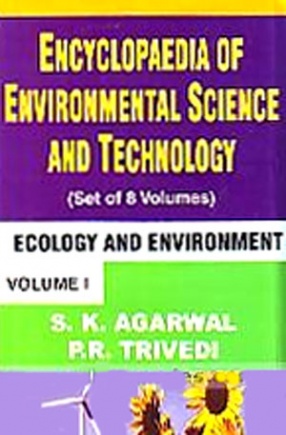


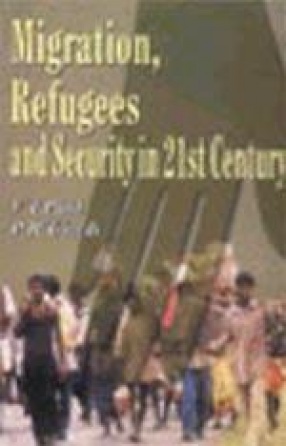
This significant study examines in an academic manner such contentious issues as the nature, substance and thrust of migration in South Asia, the Indian diaspora in the United States, urban and transnational migrations and adaptations, global refugee movement and policy, statelessness in Sri Lanka and internally displaced persons in Bangladesh. The present work is a serious attempt to examine the interrelationship between migration, refugees and security in the ...

The book discusses an approach to understand the roles of participants in the environmental impact assessment processes. The discussions in this book generally follow the EIA process in India, in Asia, and also of USA, the book also discusses the background of the EIA. Sustainability and development, overseas and transboundary environmental concerns in brief. This book is process oriented and the topic of the book provides a various approaches to understand and ...

Scientific and technological developments have set mankind in disequilibrium with the environment. If a proper environmental consciousness is not developed, the collusion between the growth ethics and natural limits is bound to occur. The environmental education plays a significant role to make the people aware about the various problems of environment which are very dangerous to the lives of human beings. In India, we have less percentage of literacy among the ...

India is one of the oldest civilisations with a kaleidoscopic variety, rich cultural heritage and multifaceted socio-economic progress. It covers an area of 32,87,263 sq km extending from the snow-covered Himalayan heights to tropical rain forests of the south. As seventh largest country in the world, India is well-marked off from the rest of Asia by mountains and the sea, which give the country a distinct geographical entity. Bounded by the great Himalayas in ...



Study of Ecology as an independent discipline is about 50 years old in India. The ecological theories and principles not only apply to plants and animals in their natural environment but also to human beings on a global scale. This offshoot of ecology i.e. the study of ecological principles and their application to the Human situation, a key for sustainable development, has been known as Environmental Sciences. This science not only deals with system concept, ...
